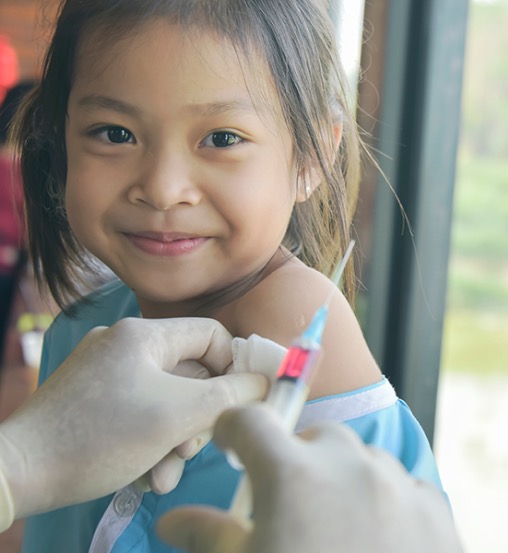Injuries
Do vaccine injuries exist?

You may have heard stories about children being injured by a vaccine. Usually, the stories describe how a child was vaccinated, then developed various symptoms over a varied length of time.
It’s devastating when a child suffers. And it makes sense that parents want to find answers.


Unfortunately, this can sometimes lead people to conclusions that aren’t supported by evidence.

If two events happen close together, does it mean one caused the other?
No, that’s not something we can assume.
The evidence we do have is that millions of people have received vaccines without being injured by them. This is the data that best predicts what will happen to you and your family.
Medical professionals are well-acquainted with this data. But sometimes, in a well-meaning effort to ease fears, they may brush aside parents’ questions about vaccines.
This can leave parents feeling like their concerns haven’t been fully addressed, fuelling suspicions rather than leaving them reassured.
Vaccine injury stories can be confronting. They can make you question what you know.

Sometimes, people develop illnesses we just don’t know the cause of. It’s upsetting and frustrating, but blaming life-saving vaccines isn’t the answer.
As fellow parents, we can have compassion for what these families are going through without overlooking the facts.
Get the real truth and make an informed decision…

The side effects of vaccines are well known and documented.
That’s because medical professionals conduct rigorous testing before releasing vaccines. Then, they continue to monitor vaccine effects in the population.
Because these studies are so large and in-depth, we can be confident that the results are accurate and reliable.
Doctors know which people shouldn’t have some or all vaccines due to possible ill effects. These may be infants or people who are pregnant, have severe allergies or have suppressed immune systems.
Doctors don’t give vaccines to these people because they won’t risk doing harm.
A University of Queensland initiative
This website answers the questions parents ask about vaccines. It’s clear and
easy to read, without any jargon or bias.
The University of Queensland is a world-class research and teaching institution.


